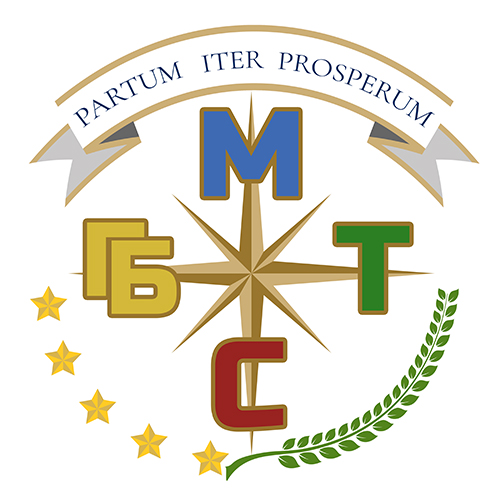
Why Tourism and Hospitality Industry?
The Russian Federation has a high tourism and recreation industry development potential. Unique natural and recreational resources, objects of national, and the world cultural and historical heritage are located on its territory. Important economic, cultural, social and sports events are held here. There is a wide range of sites that can attract and are already very popular with Russian and foreign tourists in many Russian regions. The most important competitive advantage of the tourism industry in this country is the historical and cultural heritage. In Russia, there is a great potential for the development of various types of tourism, incl. mountain skiing, pedestrian, nautical, mountain, sailing, horse riding, cycling, extreme tourism, etc. Further development of the facilities is impossible without the necessary infrastructure. Hospitality industry includes various sectors, e.g. tourism, recreation, entertainment, hospitality and restaurant business, public catering, touring, exhibition and research conference arrangement. Hospitality industry is about ensuring that each tourist (customer) feels homey, cozy and comfortable and about building an environment where all the needs and requirements of each customer are met. Today, tourism and hospitality industry is becoming increasingly popular and attracts much attention. More than 50 economic sectors and areas of social life are intertwined with tourism in one way or another. The tourism industry accounts for about 6% of the world gross domestic product, 7% of the world investment and 11% of global consumer spending. Every 16th employee in the world works for the industry. In a number of developed countries, it is the tourism sector that primarily creates new jobs, maintains a high quality of life, creates prerequisites for improving the balance of payments. The need to develop the tourism sector contributes to the education standards improvement, medical services system improvement, the introduction of new information dissemination means, etc. No matter what we talk about, we talk about tourism if we refer to air and railway transportation, restoration of churches, public catering and quality of healthcare, a rural holiday in the Russian faraway regions or the Olympic Games. The World Tourism Organization (UNWTO) indicates that the number of international travelers is unprecedentedly increasing every year. The Russian Government now faces more strategic challenges than ever. It needs to improve the quality and efficiency of tourism and hospitality industry development project management. We can observe huge tectonic shifts in our country today. They include the integration of the Republic of Crimea and the city of Sevastopol into the Russian economy; hospitality industry and tourism cluster development in Sochi and the North Caucasus; substantial growth in the number of hotels and other collective accommodation facilities; and increasing inbound and outbound tourism. Qualitative changes in the service economy require a new quality of professionals' training. Russia badly needs economists and financial experts who have studied tourism, marketing of territories, efficient managers in the modern tour operating and hospitality sector who have studied macro- and microeconomics, who can win in a fierce competition in the global tourism sector.
Why sports industry?
One cannot imagine a world without sports. Mass sports give millions of people an opportunity to improve their physical qualities, health and prolong longevity. It is directly related to the national health and the quality of life. Tens of millions of people do sports, but today sports are also about an industry. Sports industry is a rapidly developing and highly profitable economic sector. However, sports event arrangement at the international and local levels, sports paraphernalia and souvenir production, large city stadium and small town or village sports and recreation center construction, formation of sports clubs and teams is impossible without the basic economic and managerial knowledge. Keeping up with the times, the Financial University launched a program in Management in Sports in 2016. The program students acquire the unique competencies of sports managers as the program instructors combine theoretical training with the use of a practice-oriented approach. Graduates of the program are in demand on the labor market. Such experts can work at various levels; they can serve as heads of the sports clubs, sports school headmasters, sports center directors, recreation center directors, fitness center directors. Our graduates can be employed by large corporations, professional sports clubs, and sports federations.
Graduate employability
The Financial University under the Government of the Russian Federation has earned a reputation for quality. The fundamental training provided to economists and financial experts at the University is one of the best in the country. Our Faculty trains experts in tourism, hospitality, sports management, and international relations. Our goal is to become the leading Russian university that offers programs in international tourism, sports and hospitality industry in the near future. The Faculty has concluded agreements on student practical training with more than 50 industry organizations. The student placement is the first step on the way to future employment.
What programs does the Faculty offer?
The Faculty offers bachelor and master degree programs. There are fee-paying and non-fee-paying students. The Faculty ensures high quality of provision in line with the European standards. Courses of two foreign languages are mandatory for the program students. The practical skills and competences are developed in accordance with the program curriculum. The Faculty in cooperation with partner institutions is engaged in third-year student placement. This helps them find their first job in the future. Click the links for further information about the programs and curricula.
